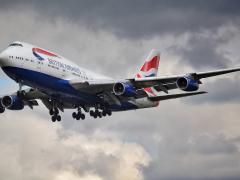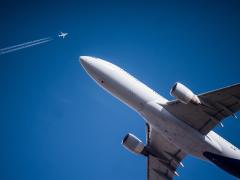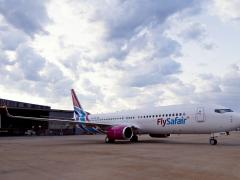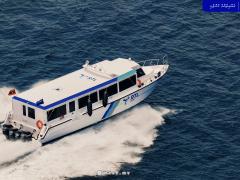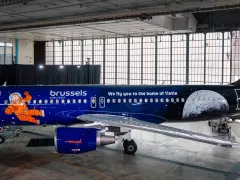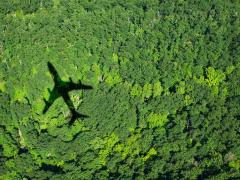A new independent report published on Wednesday (March 1), Envisioning Tourism in 2030 & Beyond, urges the tourism and transportation sector to unite and take full account of its greenhouse gas emissions. This could mean:
- More governments including international aviation emissions in their Paris Agreement plans;
- Tourist boards and travel companies targeting a greater proportion of short-haul customers and bringing nett-zero products to market;
- Investing in greener forms of transport which are adopted and promoted by the travel industry;
- Relying less on offsetting as a simple solution, focusing instead on decarbonisation;
- Fair policies that allow for differences in destinations around the world; and
- Slowing the expected rapid growth in aviation, with limits on the number of long-haul flights.
The report has been published by the Travel Foundation along with the Centre of Expertise in Leisure, Tourism and Hospitality, Breda University of Applied Sciences, the European Tourism Futures Institute, and the Netherlands Board of Tourism and Conventions.
It aims to provide those involved in the Glasgow Declaration on Climate Action in Tourism with a positive vision for the future of tourism worldwide.
"This report will act as a catalyst for a very important conversation that we as an industry must have: how can growth and nett-zero targets align? We share a view of the value of the travel and tourism industry, and a desire to ensure it can continue to grow in an equitable way,” says Alix Farr, Sustainability Lead at Skyscanner.
“But this report makes it clearer than ever: we must keep asking ourselves the hard questions and pursuing urgent and transformative solutions in order to reach our very ambitious, but critically important, goals for 2030.”
According to findings from this report, it is recommended that companies in travel and tourism – and other industries – include all details of all carbon emissions in their booking options and websites.
Independent players are also calling for a global plan to optimise tourism’s growth in a way that is compatible with climate targets, given that limits on the number of flights are needed. Without this, the report modelling shows that emissions from longest-haul flights will quadruple by 2050, accounting for 41% of tourism’s total emissions, yet only 4% of trips. Alternative forms of transport such as rail, ferry, coach and electric cars will require major investment.
“This new research helps us better understand our collective path forward and align around action. At Expedia Group, we are committed to mobilising our vast global network of travellers, partners, and peers to raise awareness for more sustainable and responsible travel choices. Our social impact and sustainability strategy aims to address ways the industry mitigates and adapts to climate change and travel,” says Tessa Lee, Senior Manager, Climate and Sustainability, Expedia Group.

